When the apostle Paul sent letters of greeting to the communities he nurtured, he began with a message of grace and of peace.
Part of my role as general secretary of Friends World Committee for Consultation’s World Office involves sending letters of greeting—which usually begin by quoting Paul—to yearly meetings and our brother and sister peace churches as they gather. As I do so, I hold in my heart the question: How do we spread a message of peace today, when so much of the talk is of war?
At the onset of the invasion of Ukraine, the Friends World Committee issued a Christian Call for Peace, for an immediate ceasefire and peacekeeping dialogue, the release of all people imprisoned after calling for peace, and access for humanitarian agencies to support those affected. We knew, though, we couldn’t leave it at that.
A message can be conveyed through action: Friends in Europe, particularly in the east, are helping refugees, with financial support from Quakers around the world. Quakers have also been meeting to hold the situation in the Light—something we don’t underestimate. Friends in Ukraine have expressed many times what a difference Quakers’ prayerful attention makes to them.
Difficult as it is, especially at the height of armed conflict, Quakers in Estonia are seeking to foster understanding between Ukrainians and Russians there—not an easy task by any means, but the kind of work that will be essential to any long-term reconciliation. Through the World Office’s ecumenical relationships we are strengthening understandings of faith that foster the conditions for peace.
We are a religious body rather than a gathering of experts in geopolitics. But that doesn’t mean we should shy away from scrutinizing the post-Cold War security architecture that has failed so badly at keeping peace. In this I hope our faith can help us—it takes prophetic vision to see beyond the structures of the present in order to envisage and build a better model for shared security and peace.
In the meantime, there are some things we can and must keep saying, brought into new focus by the present situation: war crimes are always wrong, whether perpetrated by Russia in Ukraine, the United States in the Middle East, or anyone anywhere, and the mechanisms designed to bring accountability for such actions are weakened when inconsistently applied.
Similarly, nuclear weapons, white phosphorus, and cluster bombs should never be manufactured, sold, threatened, or used, not by Russia, not by the United States, nor by anyone anywhere; indeed, Quakers at the United Nations are working for the end to such weapons altogether.
Conscientious objectors and protesters for peace need to be protected from persecution and human rights violations in every country. Those who reject violence will be central to any end to war. We stand with those whose conscience calls them to refuse to be part of military activity and those who challenge the cultures of conflict and normalized violence.
Quakers hold that the Light of Christ is within everyone and the Prince of Peace is among us when we gather together. That means that the answers to how we should act as channels of God’s peace are within each of us as well. How we each play a part in building the peaceable kingdom will be different for every one of us. But there is something every one of us can do.


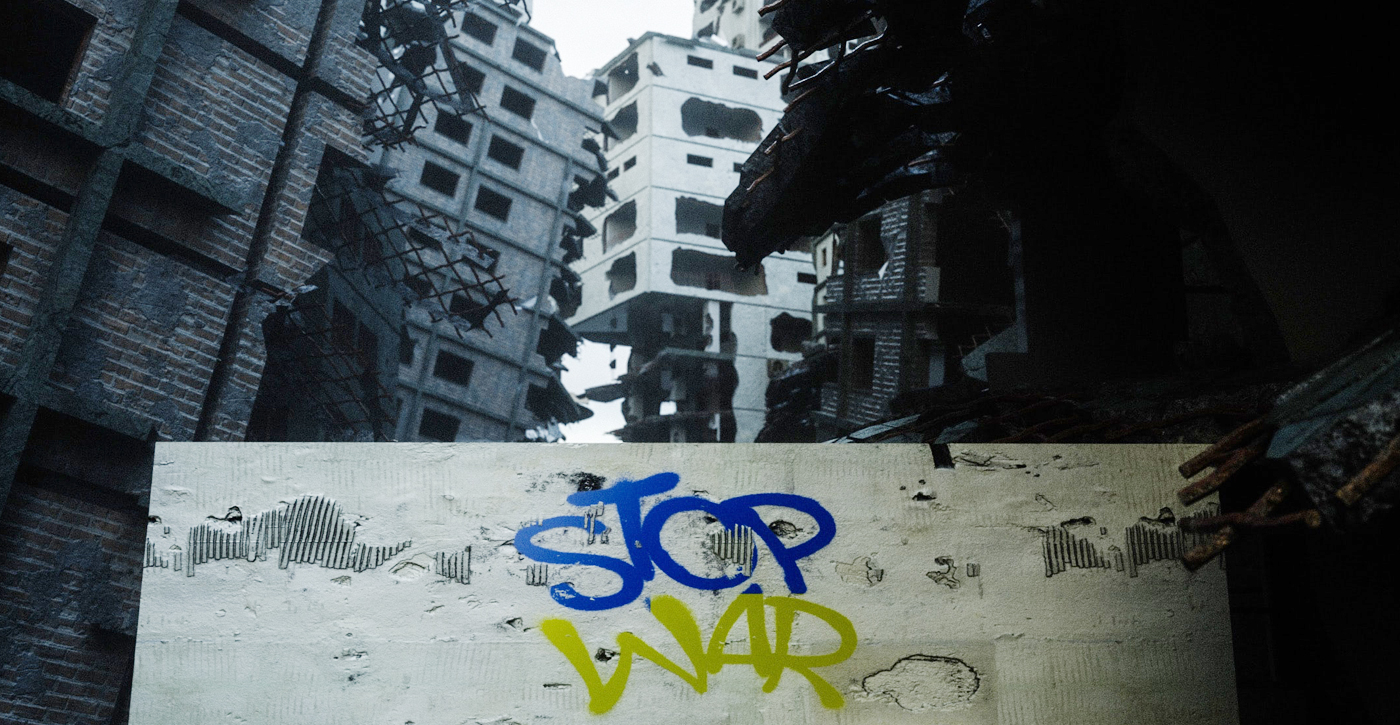
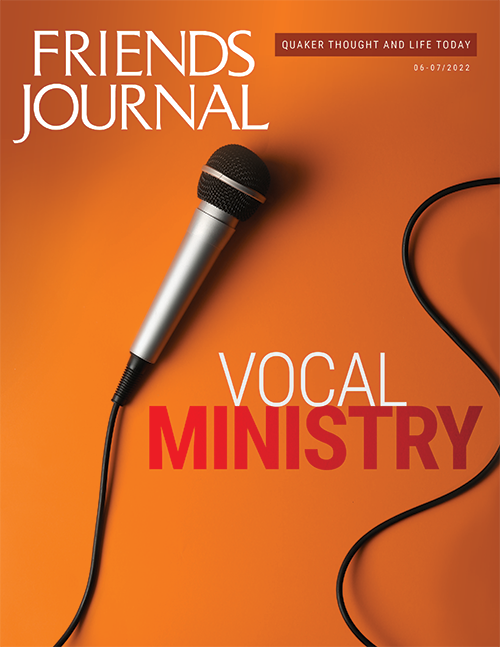
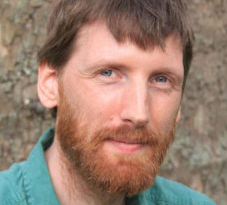
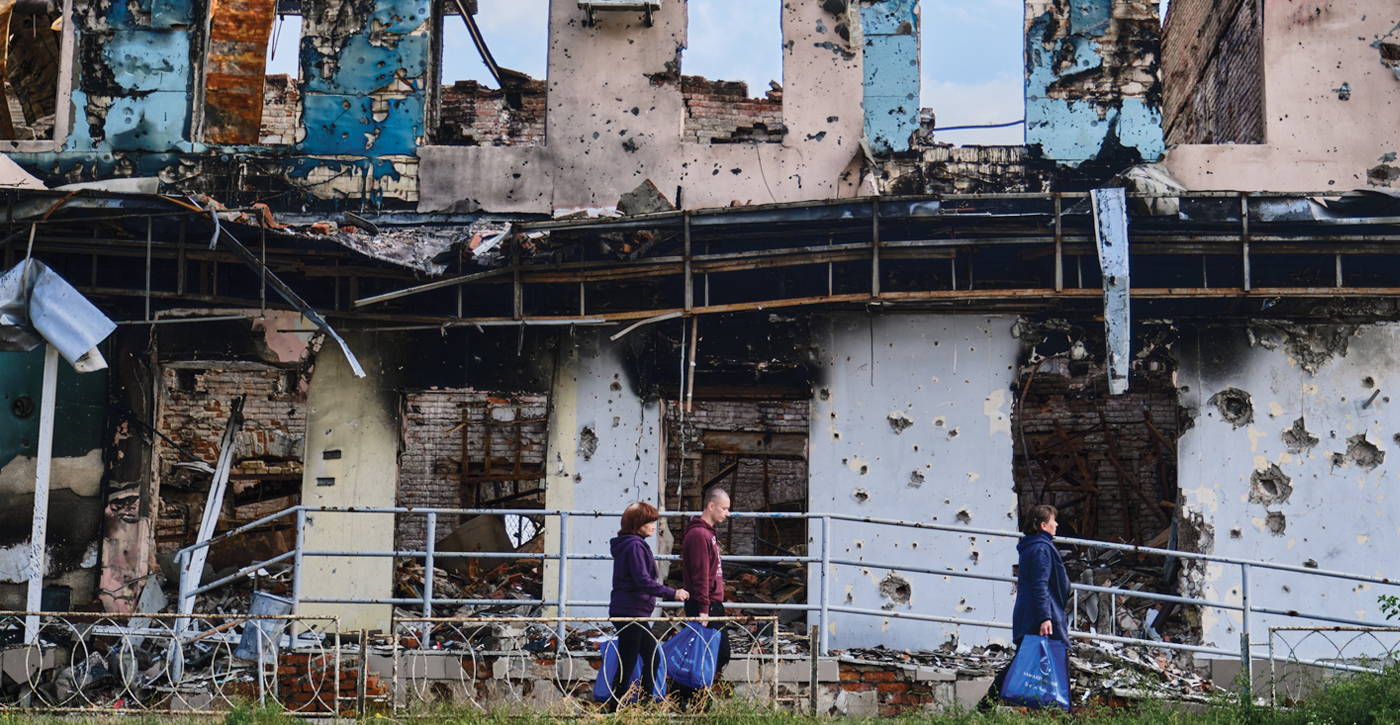
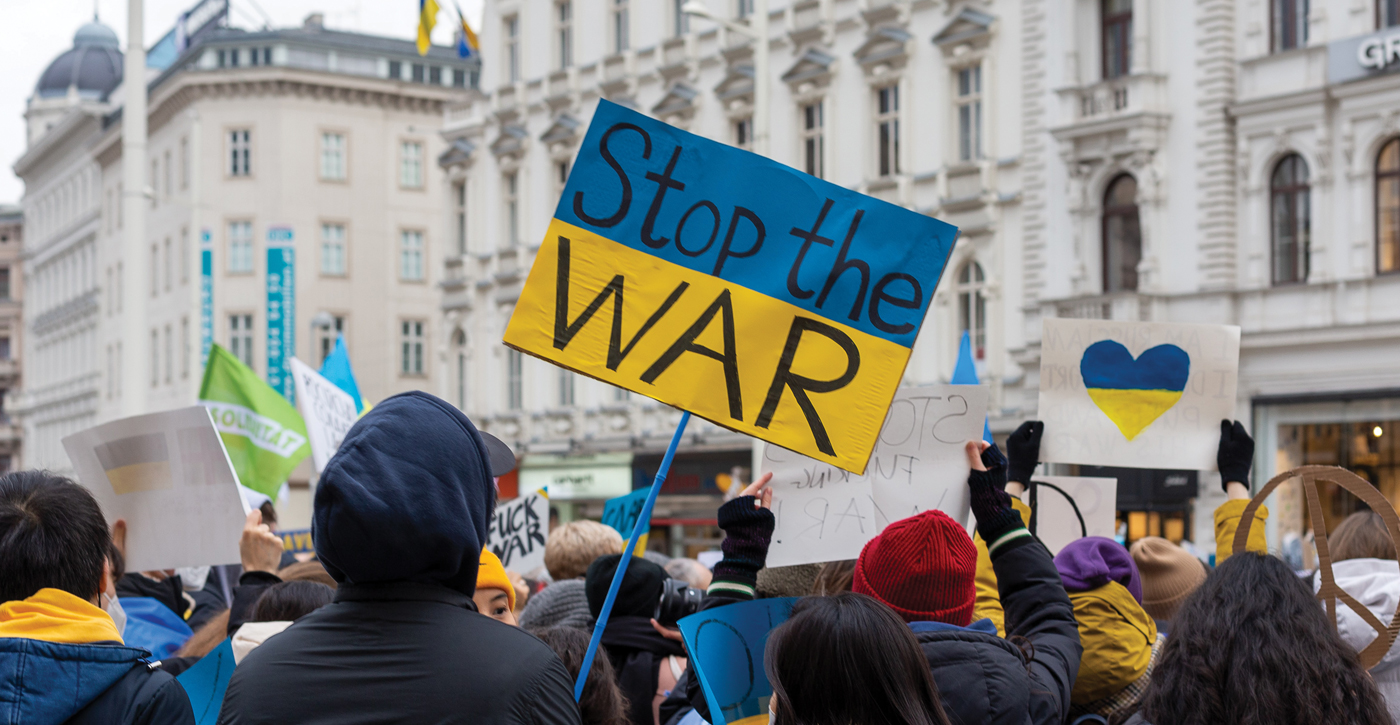
Comments on Friendsjournal.org may be used in the Forum of the print magazine and may be edited for length and clarity.